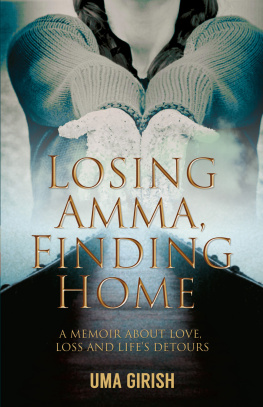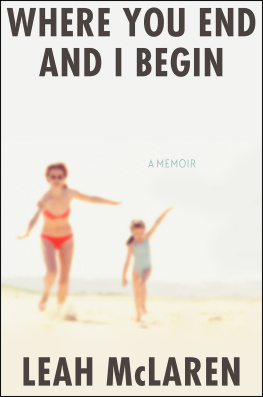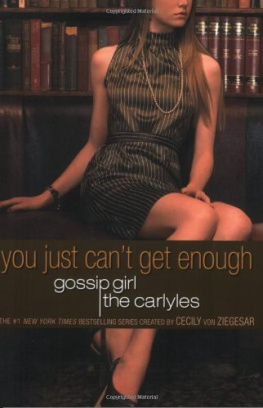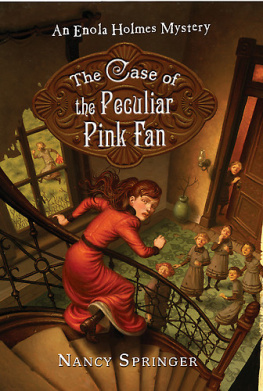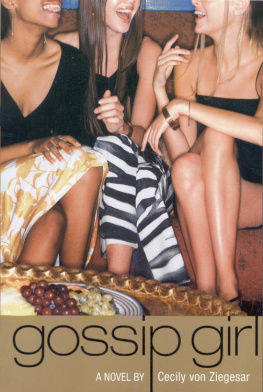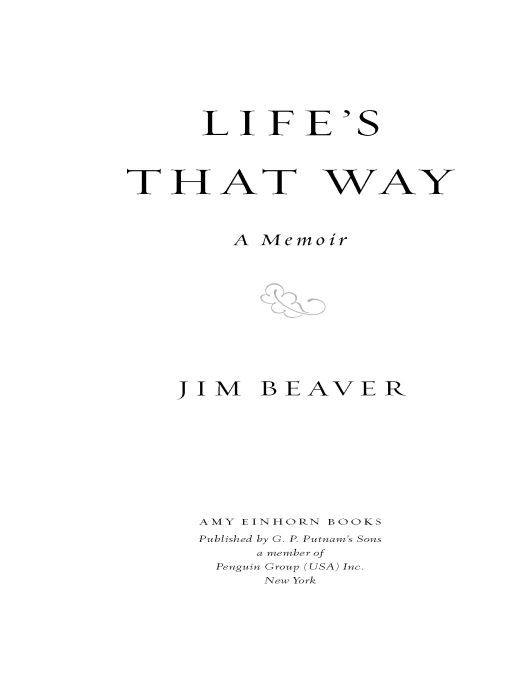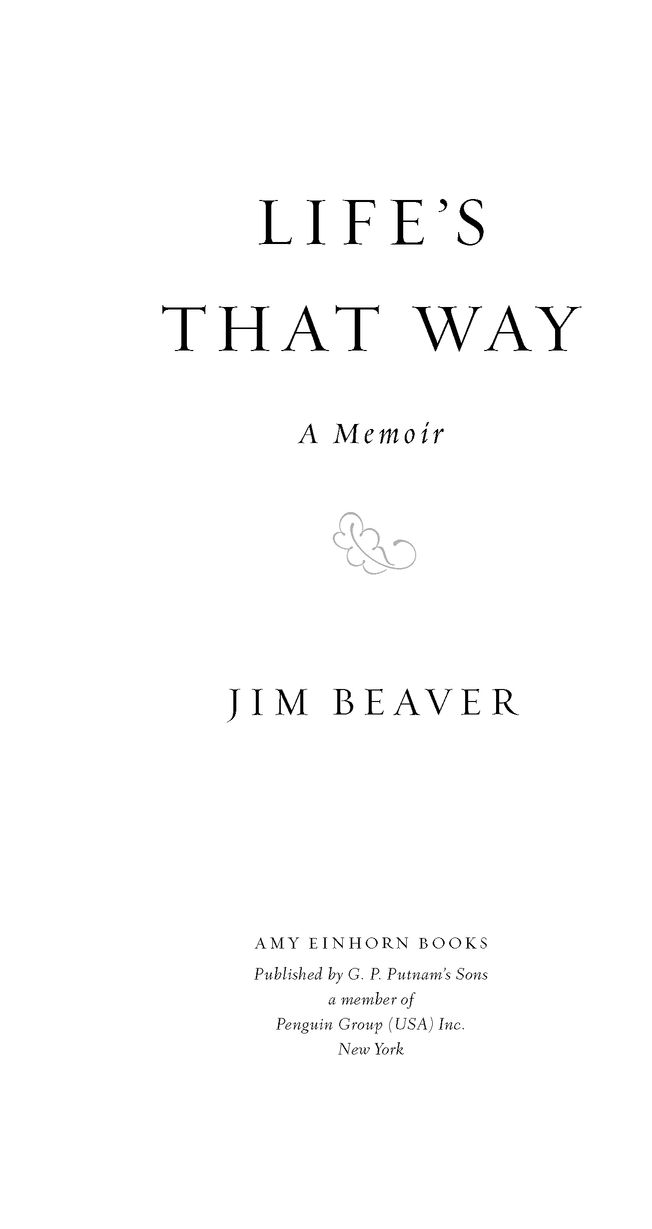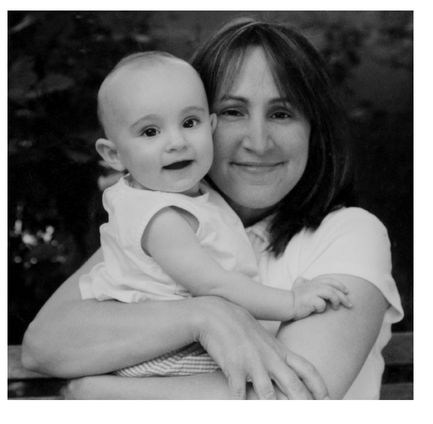Table of Contents
FOR MY GIRL,
CECILY APRIL ADAMS,
AND OUR GIRL,
MADELINE ROSE BEAVER
INTRODUCTION
Announcing your plans is a good way to hear God laugh.
AL SWEARENGEN IN HBOS DEADWOOD
(AS WRITTEN BY DAVID MILCH)
In the dog days of 2003, we heard no hint of laughter. Indeed, God seemed to smile most beamingly on the plans under way in our little household. Family, careers, home, and security all were shaping up just as we had hoped, dreamed, and, yes, planned.
After a couple of decades toiling unnoticed in the not-so-trenchlike trenches as a character actor, I was suddenly starring as the lovable prospector Ellsworth on what was about to become the critically acclaimed television program Deadwood. My wife, Cecily Adams (the daughter of TV legend Don Adams, Get Smarts Maxwell Smart), had her own fan following as Ishka, the beloved Moogie of Star Trek: Deep Space Nine. And she was simultaneously ensconced as one of televisions most respected casting directors, responsible for such shows as 3rd Rock from the Sun and That 70s Show. I was in the homestretch, finishing a long-aborning book on the life of TV Superman George Reeves, and Cecily was traveling the world, making public appearances at science-fiction fan conventions.
More important, we were the proud parents of Madeline Rose, a delicious two-year-old we had struggled through horrifically difficult fertility treatments to conceive. (Granted, most of the horror and difficulty were Cecilys.) We were building our dream house, just a block from Cecilys studio office, and she would be able to walk home to see her baby at lunch every day. The house was taking shape to Cecs most detailed and tasteful design. Life, family, home, and career. We had it all.
And then the roof fell in.
In less than two months, our child was diagnosed as autistic, and Cecily, a nonsmoking health nut, learned she had lung cancer at age forty-five.
What followed was a whirlwind of terror, pain, and sorrow. But what accompanied those horrors was another whirlwind, a whirlwind of love and generosity and unfathomable human kindness, and of wondrous gifts and invaluable lessons for living. In a tale that seemed bent on rivaling Jobs, the sheer drive of the human spirit toward life ultimately overwhelmed the narrative.
Upon learning the facts of Cecilys illness, I spent fourteen hours on the phone that first day with family and friends, delivering the news and explaining what we expected the future to hold. Knowing I could not devote such time every day, I set out to write a nightly e-mail letter. At first it simply encapsulated the days treatment and any news or change in prognosis. Soon, however, the newsletter mutated into a journal of our experiences as a family.
Initially, I sent out the e-mail to a hundred or so friends and family members. Very quickly (and to me, quite astonishingly), people began to forward the e-mails to others. Many of those people then forwarded them to still others, until the circle of people receiving and following the journal far exceeded those we knew personally. Based on feedback I received from readers, I estimate that in less than a month, more than 4,000 people, worldwide, were reading my nightly writings.
I was aware that some phenomenon was occurring with the journal, that something about the way I had opened up myself and our lives and invited people to take the intimate journey with us had registered with many souls. I also discovered an amazing giftthe astonishing healing power of the written word, for myself and for others. I continued writing on a nightly basis until the following October, completing my journal exactly one year after starting it. The result is a written journey through shock and terror, as well as an examination of intense love and the goodness of our fellow man that still boggles my mind.
This book, then, is that journal. Oh, not all of it. The uncut version is considerably longer than Moby-Dick. But this condensed version is no adaptation, nor a reflection written after consideration of long-past events. While things have been trimmed, and a few lines have been inserted here and there to more fully identify people or to ease the transition over omitted sections, what sits between the covers of this book are the words I wrote, virtually as I wrote them. The story is immediate, told in real time, in the moment, as things were happening. There is no twenty-twenty hindsight applied, no rewriting to fit what we learned later. And nothing is written with knowledge of what the future held. What I wrote for a given day is what I knew or felt or feared on that day, nothing more. Only as I reached the journals end did I know the story I had been telling.
As my journal took shape, I developed one overriding goal: to make it as honest a representation of what such an experience was like as I possibly could. The only self-censoring I did was on rare occasions to avoid frightening Cecily, who at times was reading some of the entries. I did my utmost to be true to facts, feelings, fears, and shames, as well as to the joy and pride and blessings that revealed themselves at every turn.
And so, here it is: a story that takes place in Hollywood but also one that takes place every day in every city and village in the world. I hope my version throws a little light on the path.
In the middle of winter I at last discovered that
there was in me an invincible summer.
Albert Camus, Return to Tipasa
Part One
NEWS FROM CECILY
ONE
October 27, 2003
To Cecilys friends and family, and my friends and family, and our joint friends and family:
Some of you are aware of whats been going on with us. To others, this will be a shocking piece of bad news. Ive gotten so many phone calls in the past few days that I cannot keep up with them, and its difficult repeating information to thirty or forty people a day. So Im going to attempt a nightly e-mail report, to keep all of you abreast and also to shorten the amount of valuable time I use telling people individually.
It appears that Cecily has an advanced case of lung cancer. It was discovered this past Saturday, October 25, though it is clear that shes had (misleading) symptoms for several months. We dont have a firm diagnosis yet, but the test results continue to point to the same conclusion.
For three months, Cec has suffered increasing pain in her breastbone. We assumed it was a pulled muscle or maybe torn cartilagenot a surprise when one is picking up a two-year-old every few minutes. But the pain wouldnt go away. Then about two weeks ago, she appeared to throw her back out; this happens a lot to Cec, so it wasnt unnerving. The combination of the two muscle pains kept her in bed for the past couple weeks. During this time, we moved into our rental house (until the new house is finished) and Cec worked by telephone, occasionally dragging herself to the office for casting sessions.


